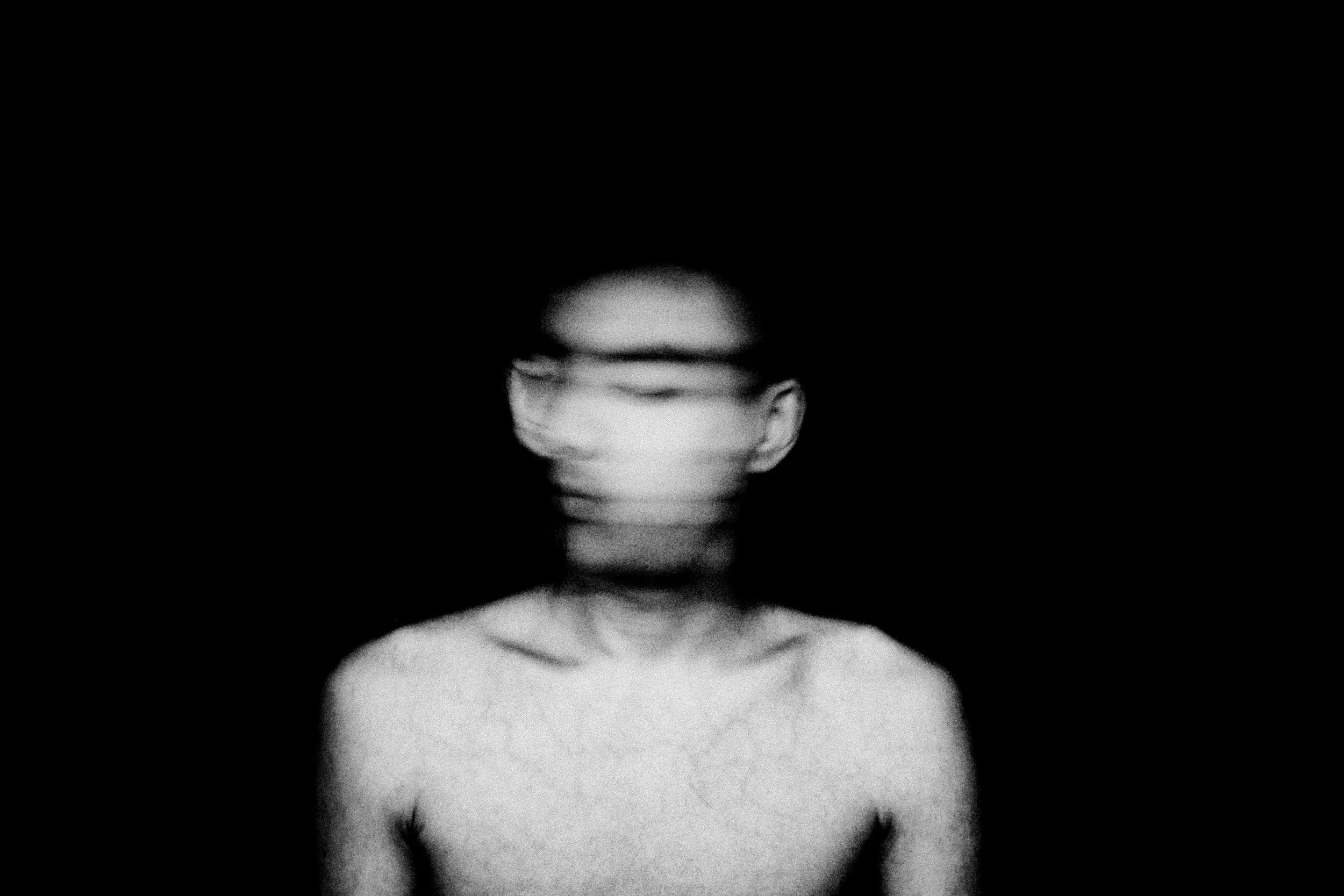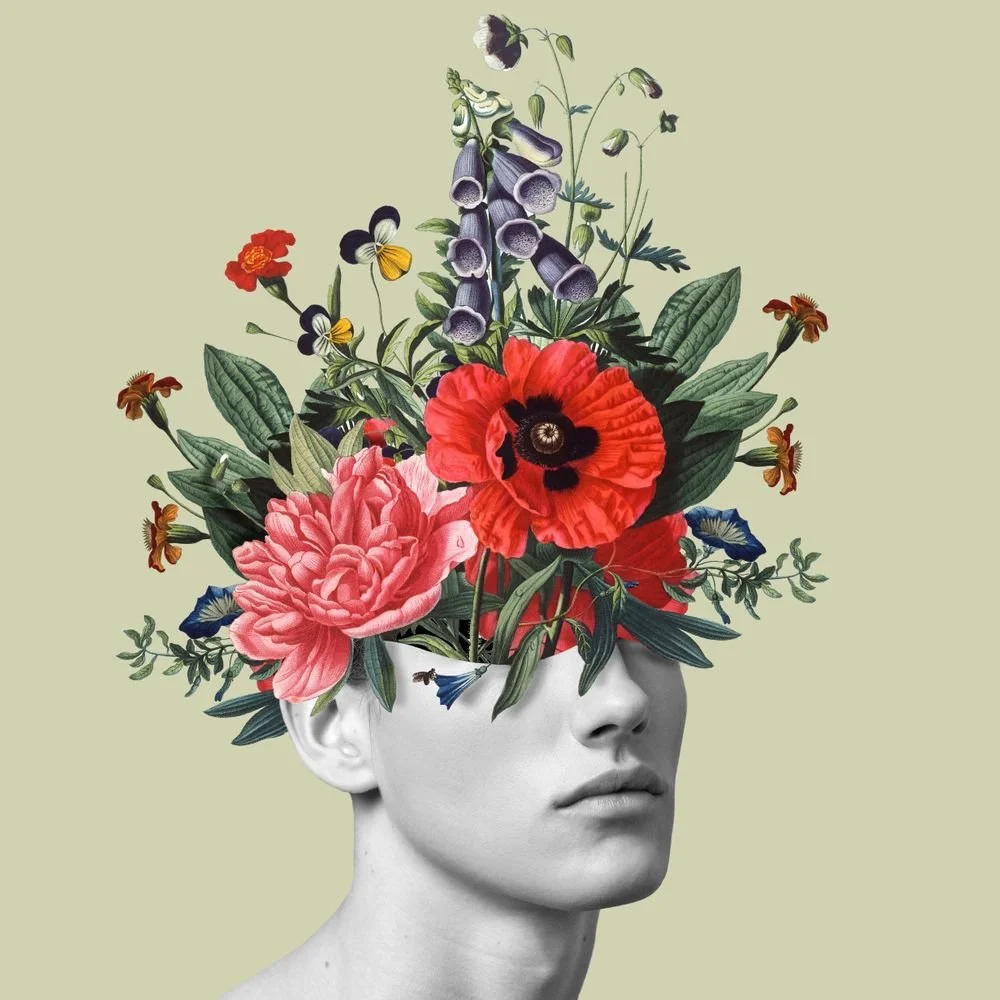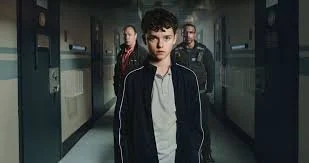Are We Philosophically Broken?
On Leisure, Lost Meaning, and the Decay of Inner Life
There is something quietly devastating unfolding across our societies. It’s not loud. It’s not breaking news. But it’s breaking people. We are living through a crisis of meaning—a slow erosion of our philosophical health, our inner lives.
Our Kids Are Crying Out for Help—But They’re Not Just Struggling, They’re Searching
A Response to: These kids told us they want to stop scrolling. But they don’t know how by Ros Thomas published in The Weekend Australian Magazine, 16 August 2025
Beyond Burnout: Reclaiming Identity, Meaning, and Belonging After High Achievement
I was labelled a high achiever early in life—one of the “exceptional kids.” The kind who got pulled out of class for special programs, encouraged to accelerate, praised for being ahead.
On the surface, it was an exciting path. But underneath, it came with a cost I wouldn’t fully understand until much later: a slow erosion of self-belonging.
Calling WA Boys’ Schools: Join a World-First Pilot in Philosophical Health
Teen boys are navigating complex terrain—yet they carry within them everything they need to thrive.
Adolescence today is shaped by a unique set of pressures: online echo chambers, shifting ideas of masculinity, and a fast-paced world that often values performance over presence.
The Practice of Belonging to Yourself: Why Ritual Matters More Than Ever
On Saturday mornings, my favourite ritual unfolds slowly.
Jazz drifts from RTRFM—the best local radio station in the world—while pancakes sizzle in the pan, the smell instantly connecting me to childhood memories. My Pomeranian, Nicki Prince, is never far from my side, her hopeful eyes following every move in case a piece of pancake falls her way. A virgin Bloody Mary waits on the bench, vibrant with lemon and spice.
Design Your Life for Purpose, Meaning, and Joyspan
I’m opening 3 individual spaces in August for 1:1 counselling with LifeBeat.—a practice that blends the science of human flourishing with the emerging field of philosophical health.
LifeBeat. isn’t about “fixing” you or optimising your life in a performative way. It’s about pausing, reflecting, and reconnecting with who you really are—and making choices that align with your values, purpose, and sense of meaning.
The Invisible Threads of a Future of Flourishing
No one thanks the mycelium. Or invoices the sun. No one lines up to reward the quiet ones: the bees, the mosses, the rain. And yet, without them, nothing lives. Nothing lasts.
When we first began exploring flourishing together, this image kept surfacing. Clare was drawn to the ecological insight that so much of life depends on invisible forces we rarely see or measure. Rodney kept returning to the idea of scaffolding—both the unseen supports that sustain life and the structures we intentionally build, inhabit, and adapt over time.
Reclaiming Selfhood in a Digital World
By the time a young person reaches their mid-teens, they’ve spent over a decade building an identity—shaped by family, school, friendships, and increasingly, their digital life. For Transitional Age Youth (TAY)—typically defined as those aged 15 to 26—this period marks a crucial passage into adulthood, marked by change, choice, and complexity.
When Life Changes in an Instant: How Philosophical Health Helps Us Re‑Author Our Story
“When I looked down at myself I didn’t see anything wrong. I had woken up in a new body that looked the same as my old one.”
Reading Grace Spence Green’s account of her spinal cord injury is both devastating and deeply human. One moment she was a medical student in a shopping centre; the next, she woke up in a body she didn’t recognise, unable to move her legs, her life irreversibly altered.
Why Australian Universities Should Offer Philosophical Counselling
8 Good Reasons
In a world where AI is accelerating, workplaces are changing, and young people face rising mental health challenges, universities need to educate for more than just knowledge and skills. Research in flourishing sciences shows that wellbeing, purpose, and belonging are not “extras”—they are foundational to learning, leadership, and life outcomes (Keyes, 2007; Seligman, 2011; VanderWeele, 2020).
Helping Transitional Age Youth Thrive Through Philosophical Health
Parents, guardians, and foster carers often ask: How do we prepare a young person for adulthood, especially during the critical transitional years?
For Transitional Age Youth (TAY)—typically aged 15 to 26—life shifts fast. They’re defining themselves, managing independence, shifting support systems, and navigating mental, social, and vocational transitions. While practical skills like budgeting and job readiness are vital, one often overlooked but powerful resource is philosophical health—a deep sense of identity, meaning, and purpose.
In Transition: Why a Philosophical Foundation Matters More Than Ever
Until you make the unconscious conscious, it will direct your life—and you will call it fate.” — Carl Jung
The Day the Story Ends. James had spent 15 years as an elite footballer. From the outside, he had everything—fame, structure, and a clear sense of purpose. But the day he retired, the crowd disappeared, the routine ended, and so did the story he had lived by since childhood: “I am an athlete.”
Suddenly, mornings felt aimless. Nights stretched long. The phone didn’t ring.
This is Life: Under Pressure
What If We Taught Philosophy Instead of Productivity?
"Pressure, pushing down on me, pressing down on you…"
The world hums with it. We wear busyness like a badge of honour, measuring our worth by inbox zero, 4am wake‑ups, and side hustles. Hustle culture tells us that if we just grind harder, we’ll finally feel whole.
But what if we’ve been teaching the wrong thing all along?
Losing the Role, Finding Yourself: Philosophical Health and Transitions
“When the applause dies, who am I left to be?”
This question echoes in many lives—teenagers drowning in digital validation, elite athletes lost when fame ends, men struggling to find themselves after career or health upheaval. Too often, identity is built on performance and external validation. When those roles vanish, many men face a void—and without a deeper inner foundation, that void can become despair.
Teen Boys Are Falling Into Online Chaos—Philosophical Health Is How We Stop It
Adolescence, Netflix’s four-part British drama that has been watched by over 145 million viewers this year—making it one of the most‑watched shows of 2025—has struck a nerve. It tells the raw story of a 13‑year‑old boy’s slide into online hate, toxic masculinity, isolation, and ultimately, violence. It’s not just a TV show—it’s a mirror. Around the world, boys are being pulled into digital vortexes of cyberbullying, radicalisation, and extreme online ideologies.
The Missing Curriculum: Teaching Teens How to Make Sense of Life
We are living in a time of rapid change, pressure, and uncertainty.
Every day, young people are flooded with information, expectations, and choices that shape who they become—and yet rarely are they given the space to pause, reflect, and ask life’s biggest questions: Who am I? What really matters to me? How do I want to live, contribute, and grow?
How to Stay Irreplaceable in the Age of AI
Spoiler: The Answer Isn’t Learning to Code Faster Than ChatGPT
AI just wrote a song, passed a law exam, and might be coming for your job next. Feeling a little uneasy? You’re not alone. But here’s the thing—what will keep you relevant in the future isn’t another certificate or tech skill. It’s your humanness.
















